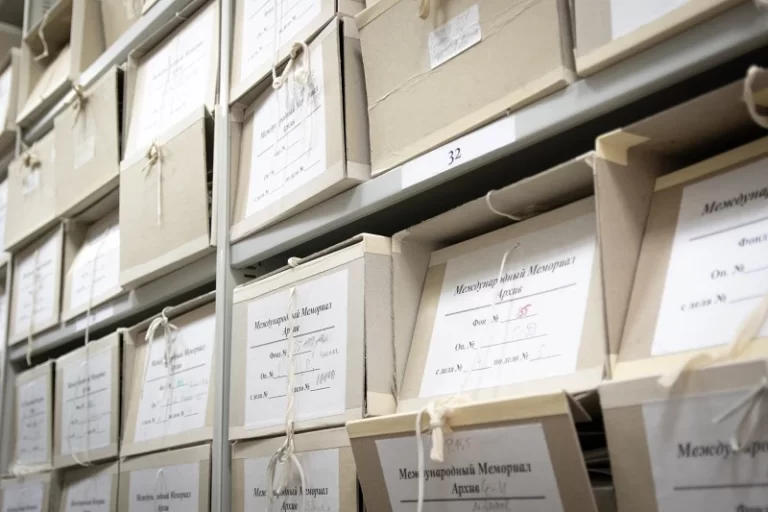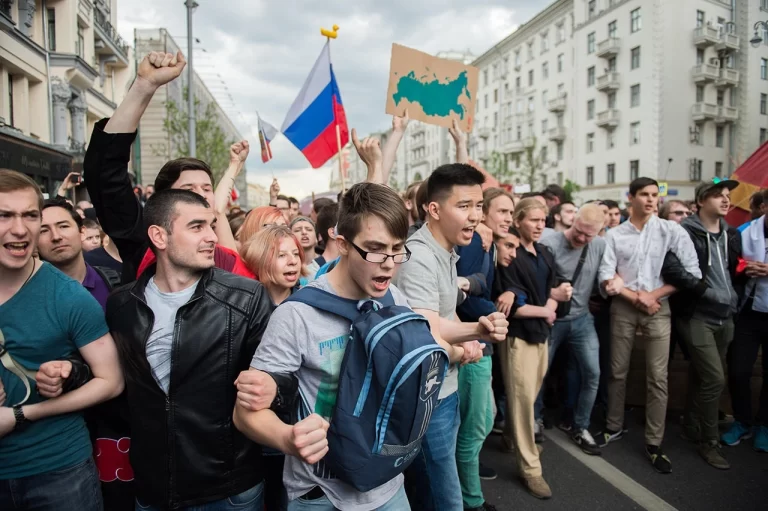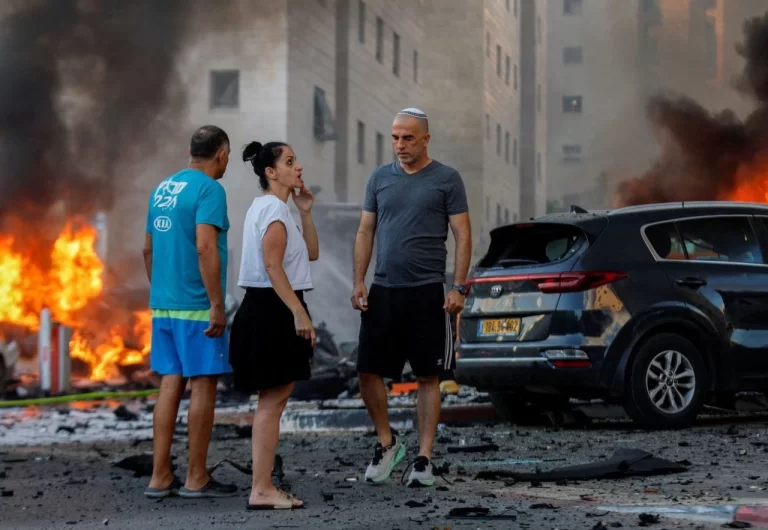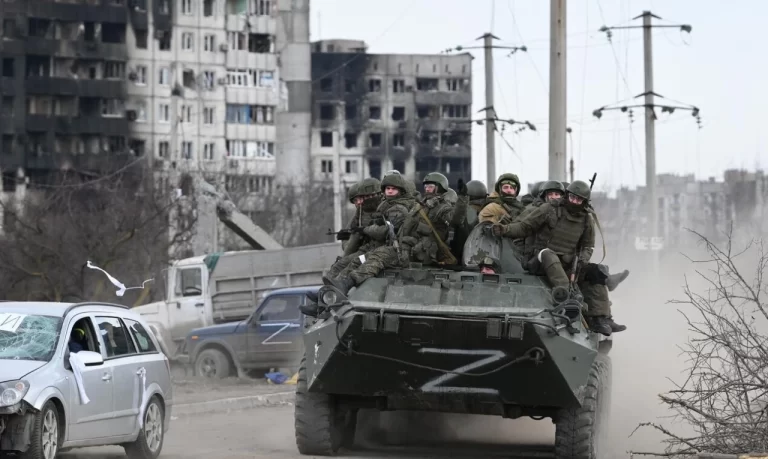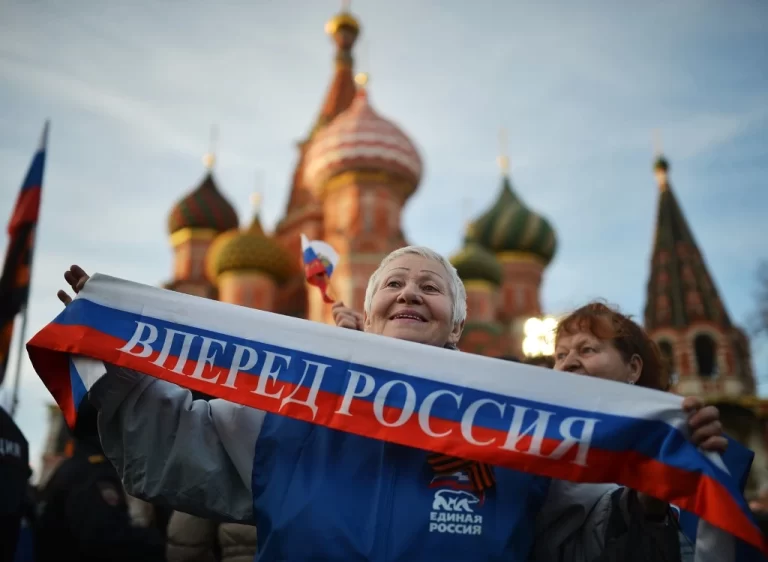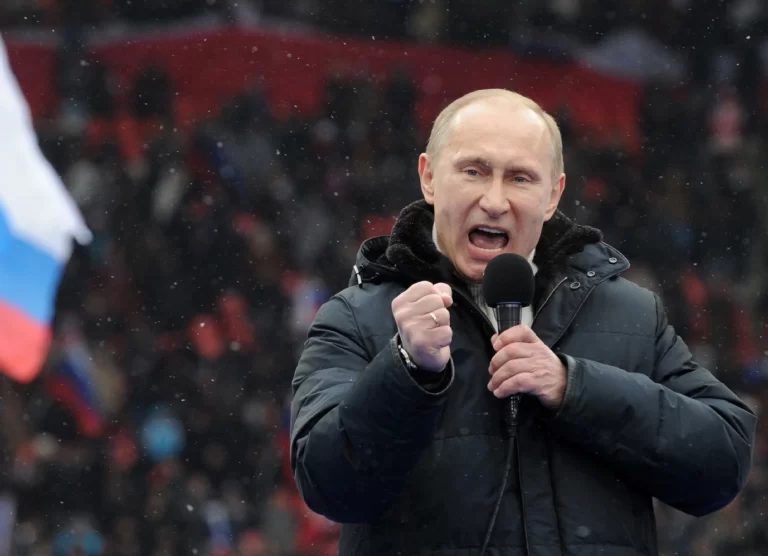Moscow will hold its mayoral elections in just a month, with representatives from five parliamentary parties vying for the position. However, this will mark the least competitive race in the past two decades, with no genuine contenders challenging incumbent Mayor Sergei Sobyanin. The critical prerequisite for candidates’ participation is consensus on the war in Ukraine.
Countdown to Moscow Mayor Elections 2023: Campaign amidst the War
Moscow will hold its mayoral elections in just a month, with representatives from five parliamentary parties vying for the position. However, this will mark the least competitive race in the past two decades, with no genuine contenders challenging incumbent Mayor Sergei Sobyanin. The critical prerequisite for candidates' participation is consensus on the war in Ukraine
Moscow will hold its mayoral elections in just a month, with representatives from five parliamentary parties vying for the position. However, this will mark the least competitive race in the past two decades, with no genuine contenders challenging incumbent Mayor Sergei Sobyanin. The critical prerequisite for candidates’ participation is consensus on the war in Ukraine.
On September 10, 2023, Muscovites will vote to decide the city’s leadership. Yet, for the Russian government, these elections are more than just determining who will be mayor in the capital for the next five years. They serve as a rehearsal for the 2024 presidential elections and a demonstration of public support for the government’s political direction.
The five registered candidates for mayor share common traits:
- They represent parliamentary parties and do not require signature collections for their nomination.
- All except Sobyanin are current deputies.
- They employ militaristic rhetoric and support the war in Ukraine.
- All are under European and U.S. sanctions, except the Communist Party candidate.
Incumbent Mayor Sergei Sobyanin leads the race, first appointed in 2010 and twice re-elected as an independent candidate. In 2013 Sobyanin secured 51% voters, defeating Alexei Navalny with 27%. In 2018 without Navalny running, Sobyanin obtained 70%. The Russian legislation was specially amended in 2021 to allow Sobyanin to run for a third consecutive term in 2023.
Sobyanin represents the “United Russia” party and presents a pre-election program titled “Moscow: Results and Development Plans until 2030.” The program highlights the achievements of the Moscow mayor’s office in urban improvement and digitization. Still, it strikingly omits any mention of the war in Ukraine or social policies for mobilized families and veterans of the “special military operation.” Moscow has historically been a protest-prone city, and local authorities seem keen to avoid reminding its residents of the war and its aftermath.
For instance, the development strategy risks outlined by the mayor’s office “conveniently” omit military and sanction-related risks. Only risks related to labor market shrinkage due to automation, personal data security, and digital infrastructure stability are mentioned.
On Sergey Sobyanin’s social media page on Russia’s leading social networking VKontakte, copywriters emphasize innovations for a comfortable urban environment, reconstruction projects, and entrepreneurial courses. The only reminders of the war in Ukraine are brief posts about grants allocated from Moscow’s budget for developing “one of the defense industry enterprises in Zelenograd” and reports on “unsuccessful” drone attacks on the city.
Grandson of Long-standing CPRF Leader Gennady Zyuganov, 34-year-old Leonid Zyuganov, runs for Moscow Mayor Under the Slogan “Restore the Future!”
The Communist Party adopts its traditional rhetoric, holding around 10-11% of the voter support in Moscow. Their pre-election program emphasizes the need to combat oligarchs and corrupt officials, who they believe are causing significant damage to Russia amid “rising international tensions, deepening capitalist crisis, and societal contradictions.” Leonid pledges support for the families of mobilized people and vows to equip them. However, the Communists clarify that their agreement with the war in Ukraine does not mean alignment with the ruling government:
“The events in Ukraine have not led the CPRF to align with the ruling group. On the contrary, it will harm the working people of Russia if the dominant class exploits the results of the struggle against fascism to strengthen the power of capital and maintain a corrupt economic model,” the party’s program states.
On social media, Leonid Zyuganov emphasizes traditional social programs, including lowering utility payments, protecting workers’ rights, and providing school uniforms for all students. While distancing himself from the issues of the “special military operation,” Leonid believes that it’s not the war that concerns Russians, but rather the rising prices, increased retirement age, and worsening environmental conditions.
Traditionally, the Communists compete in the social realm with the party “A Just Russia – For Truth!” created to divert the CPRF electorate. Although candidates from this party garnered less than 3% of the votes in the 2013 Moscow mayoral elections and 7% in 2018, they regularly participated in elections. In 2023, the party nominated experienced 51-year-old Dmitry Gusev, a well-known political manager and consultant running a technological campaign. He established the “Public Headquarters for the Protection of Muscovites,” providing targeted assistance to participants of the “special military operation,” discussing how to defend Moscow against drone attacks, and distributing information on humanitarian aid sent to the “liberated territories” in the “Luhansk People’s Republic.” Notably, Gusev’s pre-election activity appears to be the most militaristic among his competitors.
Candidates from the Liberal Democratic Party of Russia (LDPR) traditionally campaign as challengers to the ruling party’s mayoral candidates, attracting 3-7% of the voter support. In 2023, 32-year-old Boris Chernyshev will represent LDPR in Moscow. His public statements include supporting the war in Ukraine and a social program for Muscovites like the Communists and Socialists, combined with policies focused on “small business” – a strategy popular among “United Russia” candidates. Chernyshev believes that the demand for justice has risen among Russians amid Russia’s confrontation with the “collective West”:
“Why did I decide to run for this position? Because I believe that Moscow lacks the most crucial thing – respect for people and care for Muscovites. Behind the beautiful facade, there is a lack of substance and soul. Moscow is becoming a city of lonely people, a capital with an epidemic of cruelty and alienation,” says Chernyshev.
The “New People” party candidate, 39-year-old Vladislav Davankov, also focuses on urban issues in the megacity, specifically spot construction and the need to create more public spaces. He is concerned about immigrants in the taxi industry unfamiliar with the city, the pollution of the Moscow River, and the lack of a drone attack warning system.
The “Yabloko” party, the only political party in Russia opposing the war in Ukraine, is not participating in the Moscow mayoral elections. The candidate from “Yabloko,” Sergei Mitrokhin, who received 3.5% of the votes in the 2013 Moscow mayoral elections, stated that he would not participate in the 2023 elections because the anti-war position is prohibited in Russia, and gathering signatures from municipal deputies to overcome the “municipal filter” is currently impossible.

